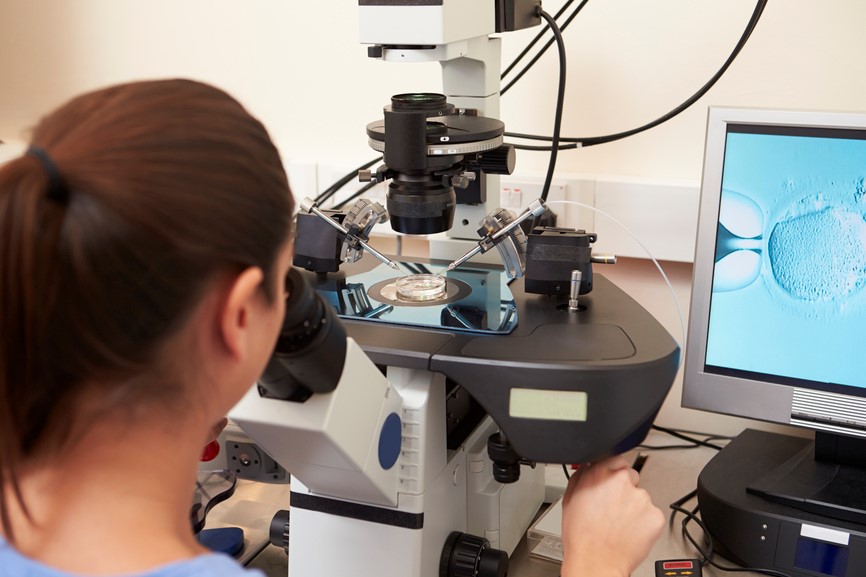Years ago, infertility was considered a tragedy to be mourned as sorrowfully as the death of a loved one. History and its literature are full of the painful laments of women who were labeled as “barren” and charged with the ruin of their families. In those days, infertility was particularly painful for women, as they were almost always blamed for a couple’s inability to have children. Fortunately, times have changed. While infertility will always be an emotional challenge, technological advances in fertility treatment have made pregnancy possible for the majority of “barren” women. Infertility is no longer a tragedy because today’s would-be families have hope!
Culture Change
In 1978, Louise Brown became the first baby born through In Vitro Fertilization. Because infertility was still a taboo topic at the end of the 1970s, Louise’s birth was met with a mixture of shock and excitement. While many couples rejoiced that a treatment option was finally available, others called Louise a “test tube baby,” and classified her birth as “unnatural.”
Now, those days are over, and infertility is no longer a topic to avoid. In fact, it’s been widely published that one in eight couples, and 11% of women of childbearing age, struggle with infertility. New treatments, statistics, and discussions have proven that couples who struggle to get pregnant aren’t alone.
Treatments for Men
Attitudes toward women’s role in infertility have also shifted, as more information about fertility issues has come to light. According to the Centers for Disease Control, between 3.3-4.7 million men have seen a fertility doctor. Science has responded to their needs. Developed in the 1990s, Intracytoplasmic Sperm Injection, or ICSI, is the first infertility treatment available for men. The processes has helped many couples become pregnant and has forever changed the attitude that infertility is a “women’s problem.”
Success Rates
According to the Centers for Disease Control, fertility treatments have a success rate as high as 40%. Today, couples who are facing infertility must no longer face stigma. Instead, they can embrace the hope brought by scientific and technological advances in fertility treatment.
At Red Rock, we’re excited to see how advances in fertility treatment can forever change your life by helping you become the parent you always wanted to be. We know that infertility can be frustrating and lonely, but we also know that there is hope and the odds are good. Get in touch with us today to learn how we can help you achieve your dreams.




